Idaho is poised to supercharge recruiting, retention and career pathways for engineering and computer science students with a National Science Foundation award of nearly $5 million.
With this six-year award, Boise State University researchers will form a higher education consortium across southern Idaho with the College of Western Idaho and the College of Southern Idaho to support the retention and graduation of high-achieving, low-income students with demonstrated financial need.
This project, led by the Boise State College of Engineering Associate Dean for Academic Affairs, Don Plumlee, will tackle the national need for well-educated scientists, mathematicians, engineers and technicians by funding scholarships for over 150 unique full-time students pursuing associate’s and bachelor’s degrees in engineering and computer science. Transfer students will receive a two-year scholarship at the partner community college of origin and will continue to be funded for their bachelor’s degree at Boise State University.
“This is an incredible opportunity for Idaho and Boise State as we begin building a better engineering and computer science educational ecosystem for Idaho students through our community college partnerships,” Plumlee said. “New pathways into technical careers will support Idaho industry and have a positive impact on our rural communities as well.”
The grant serves as the largest Scholarships in Science, Technology, Engineering and Mathematics (S-STEM) grant awarded to the state of Idaho. The grant will leverage Boise State’s affiliation with the Center for Advanced Energy Studies, a research, education and innovation consortium involving Boise State, Idaho National Laboratory, Idaho State University and University of Idaho, to establish the state’s first CAES Scholars Consortium. Plans call for first-year students at the College of Southern Idaho and the College of Western Idaho to connect in a seminar course to establish and prepare for careers in STEM fields with targeted mentorship, self-discovery and development of their career aptitude and professional identity.
“I am especially pleased that this award encourages students at our community colleges to access educational opportunities in STEM disciplines and supporting work experience,” Idaho State Board of Education member David Hill said. “The beneficial effects of creating this pathway for talented students will be felt throughout Idaho long after the grant is over.”
The NSF grant will include research components led by faculty members in the College of Education that will investigate the pathways created by the consortium and the impacts it has on southern Idaho students’ self-efficacy, professional identity, access and retention. This research will be crucial for the STEM community across the country in a larger effort to support and guide students into degree programs related to STEM.
“We believe that students should be encouraged to bring their whole selves to the classroom and to the workplace, and that their backgrounds, identities and conditions of their environment help to determine why they pursue careers in STEM and the lens through which they view their academic and professional life,” said CAES Programmatic Lead Hillary Fishler. “Our overall goal is to improve the learning and career trajectories of underserved students here in Idaho, to improve their quality of life and their community through these tools.”
Boise State project investigators include the College of Education’s associate professors Katherine Wright and Carl Siebert, and the College of Engineering’s associate professors Sondra Miller, David Estrada, Kurtis Cantley, Jerry Fails and professor Amy Moll.
Read more about the grant details here. Official grant details can be found here.
About Idaho National Laboratory
Battelle Energy Alliance manages INL for the U.S. Department of Energy’s Office of Nuclear Energy. INL is the nation’s center for nuclear energy research and development, and also performs research in each of DOE’s strategic goal areas: energy, national security, science and the environment. For more information, visit www.inl.gov.





